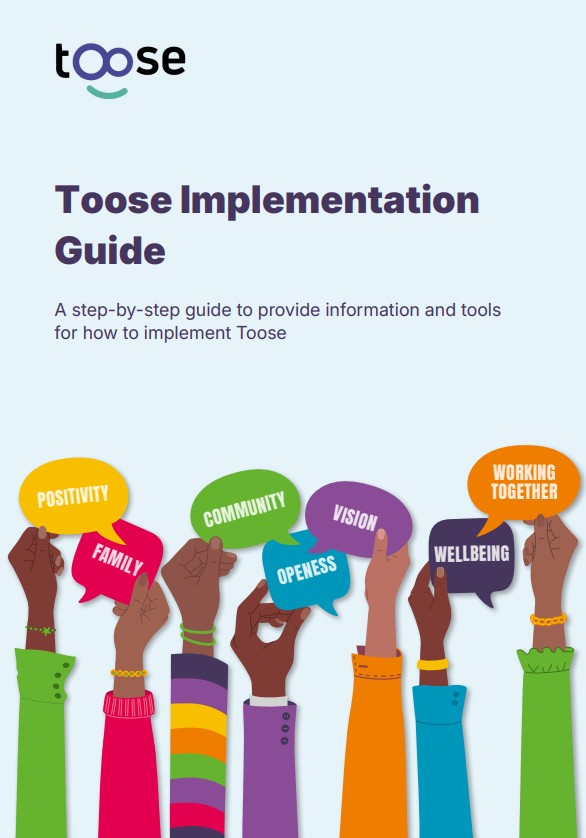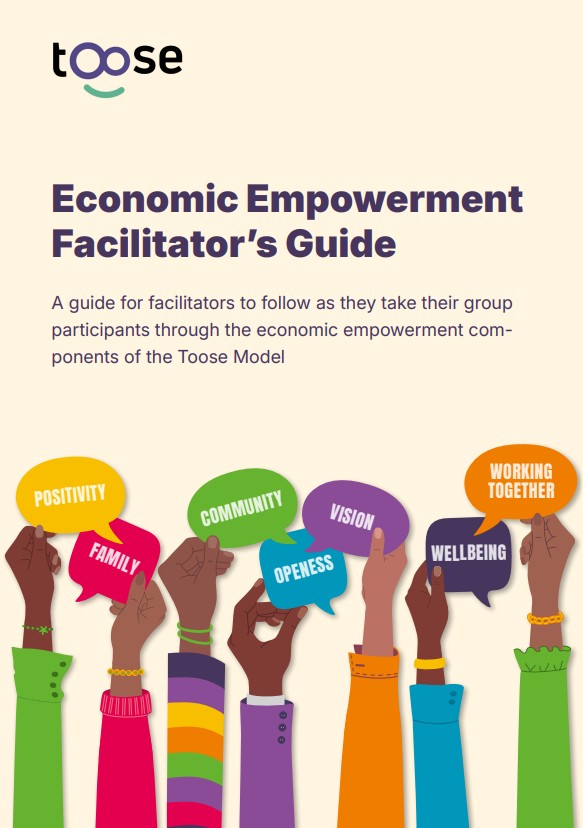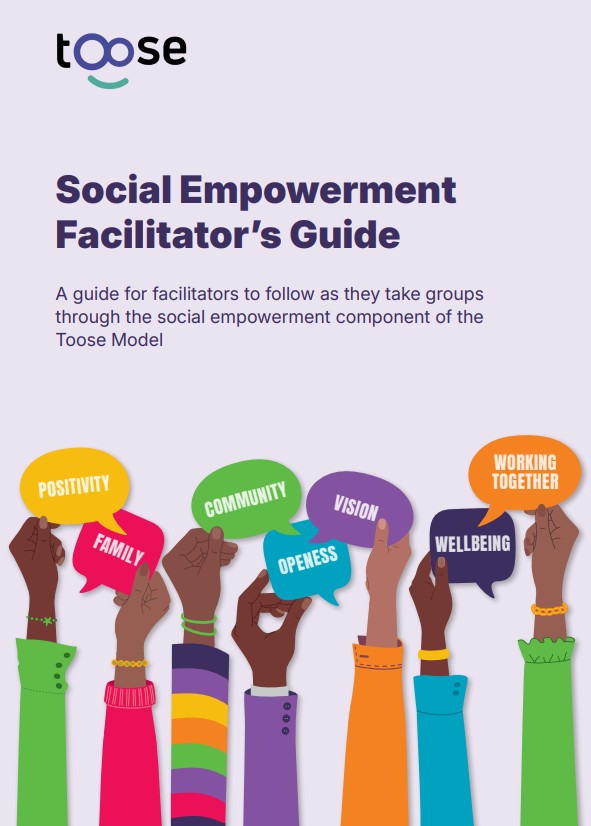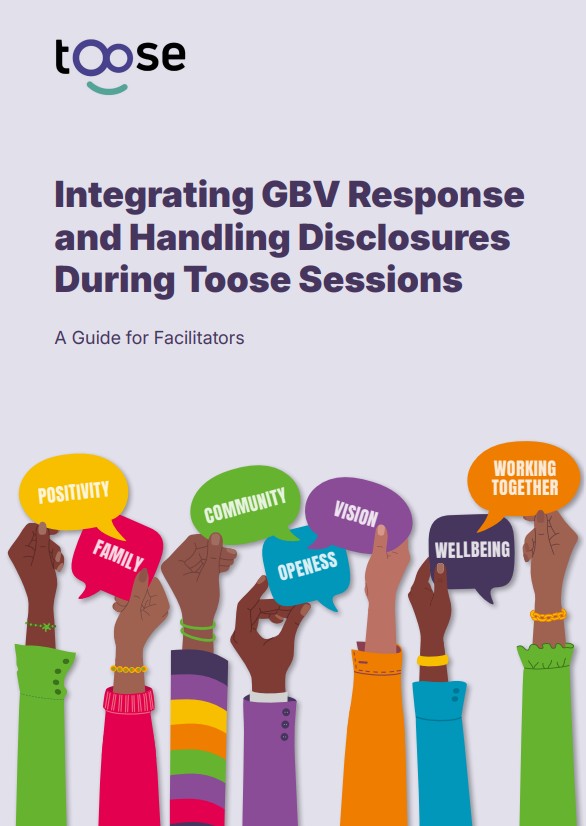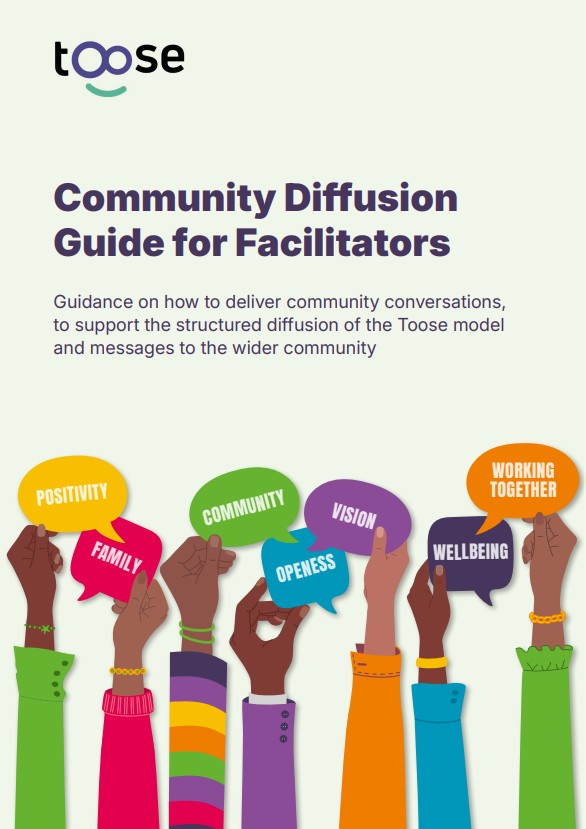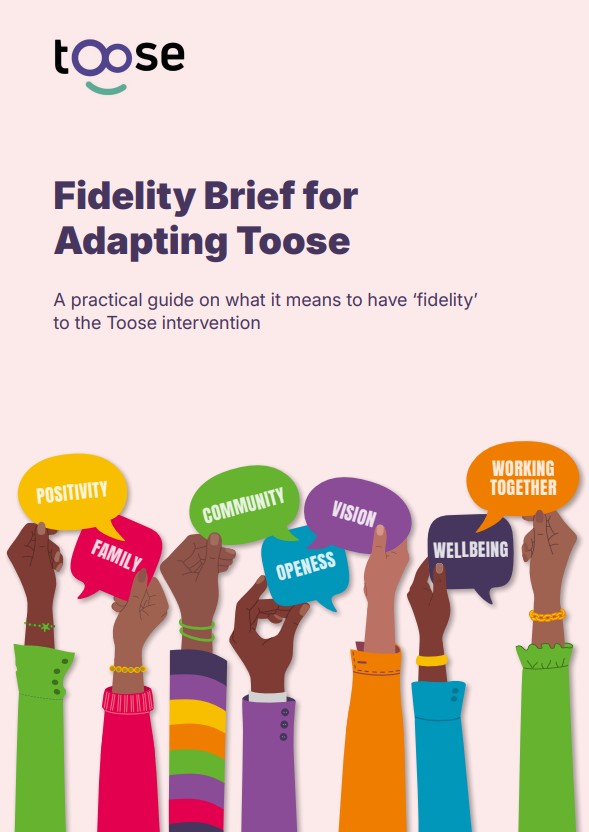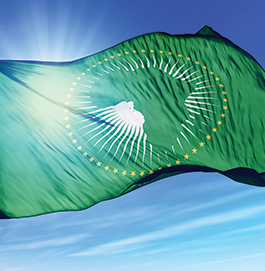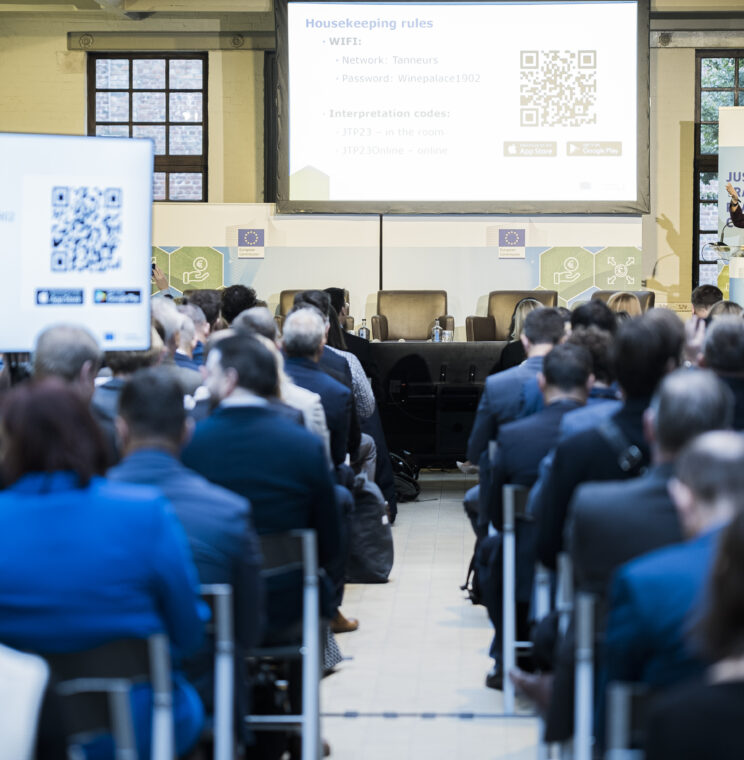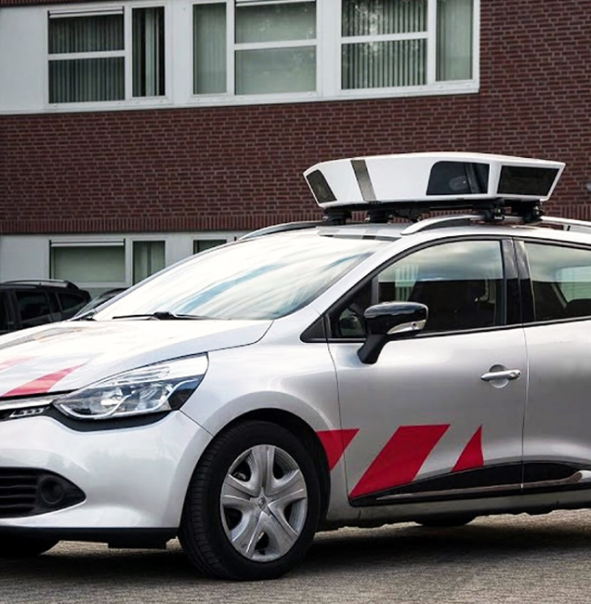Stopping Abuse and Female Exploitation (SAFE) Programme
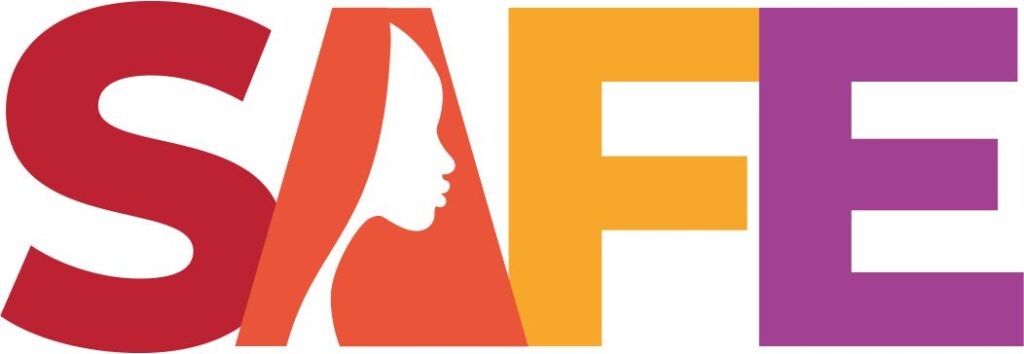
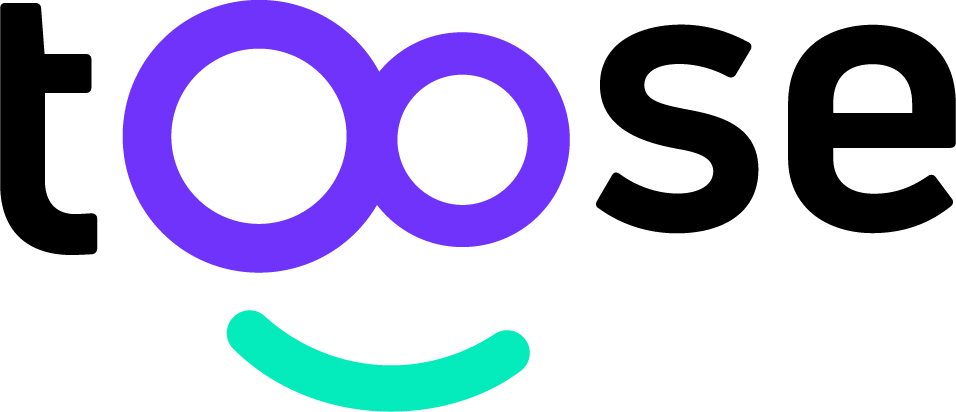
Preventing Gender-Based Violence (GBV) Through Economic & Social Empowerment
The Stopping Abuse and Female Exploitation (SAFE) programme is a UK Government-funded initiative (2021–2025) aimed at preventing gender-based violence (GBV) in Zimbabwe. Through an innovative, evidence-based approach, SAFE integrates economic empowerment with social transformation to address the root causes of GBV, particularly economic insecurity and social norms that drive intimate partner violence (IPV).
At the heart of the programme is the Toose Model – a holistic prevention and response framework piloted in rural and urban districts across Zimbabwe. “Toose” (TOH-SAY), meaning “together” in Shona, embodies the programme’s collaborative approach to fostering healthier, more equitable relationships at the household and community levels.
The Toose Model: A Transformative Approach
The Toose Model is designed to break cycles of violence and economic vulnerability by focusing on four key pillars:
- Economic Empowerment:
-
- Establishing Toose Internal Savings and Lending (TISAL) groups, providing financial resilience.
- Supporting income-generating activities (IGAs) to alleviate household economic stress.
- Social Empowerment:
-
- Delivering a nine-session curriculum for couples, promoting communication, shared visioning, and conflict resolution.
- Encouraging gender-equitable household decision-making.
- Community Diffusion:
-
- Training Toose peer facilitators and champions to drive cultural change and positive role modelling.
- Using local networks (churches, councils, and village meetings) to spread Toose principles.
- GBV Response:
-
- Strengthening direct services such as counselling, shelter, and legal support.
- Enhancing community-based GBV response systems through trained facilitators.
Our Partners
SAFE is led by Ecorys, with Social Development Direct as the lead technical partner. The programme has been delivered by a consortium of development NGOs:
- Caritas Zimbabwe in Chikomba.
- Self-Help Development Foundation (SHDF) and Mwenezi Development Training Centre (MDTC) in Mwenezi.
- Plan International Zimbabwe in Chiredzi, where Toose is integrated into cash transfer programmes run by the World Food Programme (WFP).
- Musasa, leading the GBV response component across all three districts.
Looking Ahead
As the Toose Model gains traction, we invite partners and stakeholders to engage with this innovative approach to GBV prevention. Our site will serve as a hub for key programme documentation, research findings, and implementation insights.
Toose Technical Package
For further information or partnership inquiries, please contact Jonathan Borsley (jonathan.borsley@ecorys.com) or Tom Anderson (Tom.Anderson@ecorys.com).
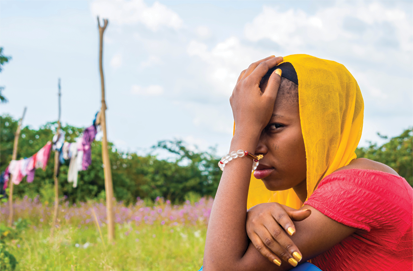
17 March 2024
4 minute read
Key Experts
Bekezela Mapanda
GBV Lead
Claire Hughes
MERL Advisor
Gemma Ferguson
Technical Director
Jonathan Borsley
Project Director
Maria Vlahakis
GBV Advisor
Netty Musanhu
Team Leader
Tom Anderson
Project Manager
Tsitsi Phiri
MERL Lead
